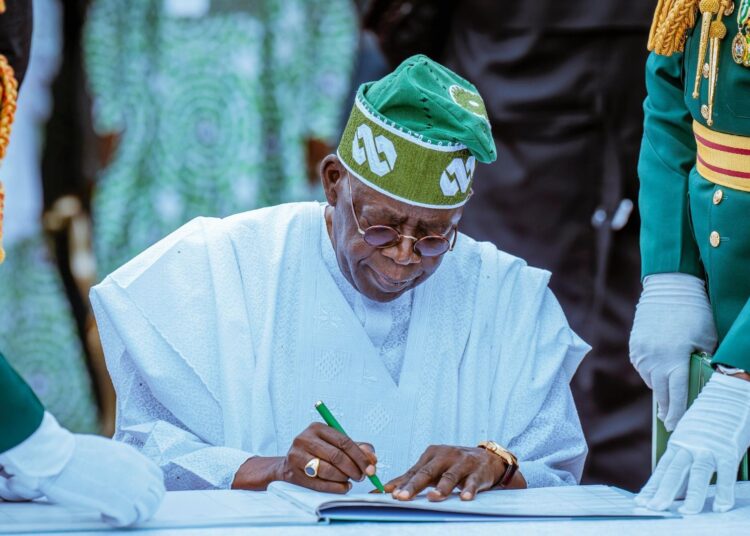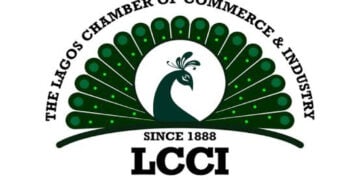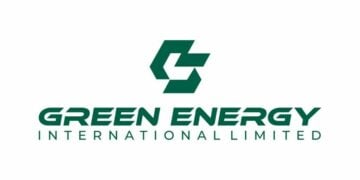Despite an uptick in remittance inflows and growing investor appetite for its debt and equities, Nigeria remains firmly categorised as a lower-middle-income country by the World Bank a status largely shaped by the country’s gross national income (GNI) per capita, which remains below the required threshold for an upgrade.
This is as economists say unless the fortunes of the country and its citizens change, the country may be stuck at that level for a long time. The World Bank had in its income classifications for 2026 left Nigeria on the lower-middle-income economies classification.
Each year, the World Bank classifies countries into income groups low, lower-middle, upper-middle, and high-income, based on their GNI per capita using the Atlas method.
For the World Bank’s 2026 fiscal year, countries with GNI per capita between $1,146 and $4,515 fall into the lower-middle-income category.
Trading Economics projects Nigeria’s GDP per capita to be around $2,521 by the end of 2025 according to their global macro models and analysts expectations.
To move into the upper-middle-income group, Nigeria would need to cross the $4,516 threshold, a significant gap from current levels.
According to developmental Economist at Adeleke University, Professor Tayo Bello, Nigeria is still at the same level due to low productivity as well as per capita income. He also attributes it to the low value of the naira.
He noted that while the country might be recording progress in naira terms, once converted to dollars, the progress becomes minimal or non existent.
“Our productivity is also very low. Nigeria’s per capita income is significantly lower than that of many other countries, even among African and West African nations. That might be one of the main reasons we’re still stuck. In fact, we may even be sliding backward.”
Aside that, he said, “compared to other countries, the poverty rate in Nigeria is alarming. It’s worsening, not improving. When we talk about food security, it is not a positive picture either. Security is another issue that cannot be overlooked. Nigeria lacks the basic structure and coordination to effectively tackle insecurity.”
Professor Bello furthered that the lack of accuracy in economic data is another disadvantage that pulls the county down in economic ranking as he said, “there’s no way the World Bank can upgrade Nigeria from its current level.
We’re a developing nation, yes, but we’re gradually sliding into the ranks of the world’s poorest.”
Nigeria’s current GNI per capita remains well below the cutoff due to a combination of slow economic growth, a large and rapidly growing population, persistent inflation, and underwhelming productivity gains. While GDP growth has rebounded post-pandemic, it has been outpaced by population growth, keeping per capita income stagnant.
Additionally, foreign direct investment (FDI), which contributes to income earned from abroad, a key GNI component, has remained sluggish in recent years. Although there was a notable rebound in foreign portfolio investment in 2024, much of it was short-term inflows attracted by rising yields and undervalued assets rather than long-term commitments that drive income growth.
On the positive side, remittances, another major component of GNI, rose by 8.9 per cent in 2024, reaching $20.93 billion, according to the Central Bank of Nigeria. the rise in foreign inflows was largely driven by reforms that unified foreign exchange windows, making formal channels more attractive.
There had been a 43.5 per cent increase in remittances via International Money Transfer Operators (IMTOs). These inflows helped push the country back into a balance of payments surplus of $6.83 billion in 2024.





